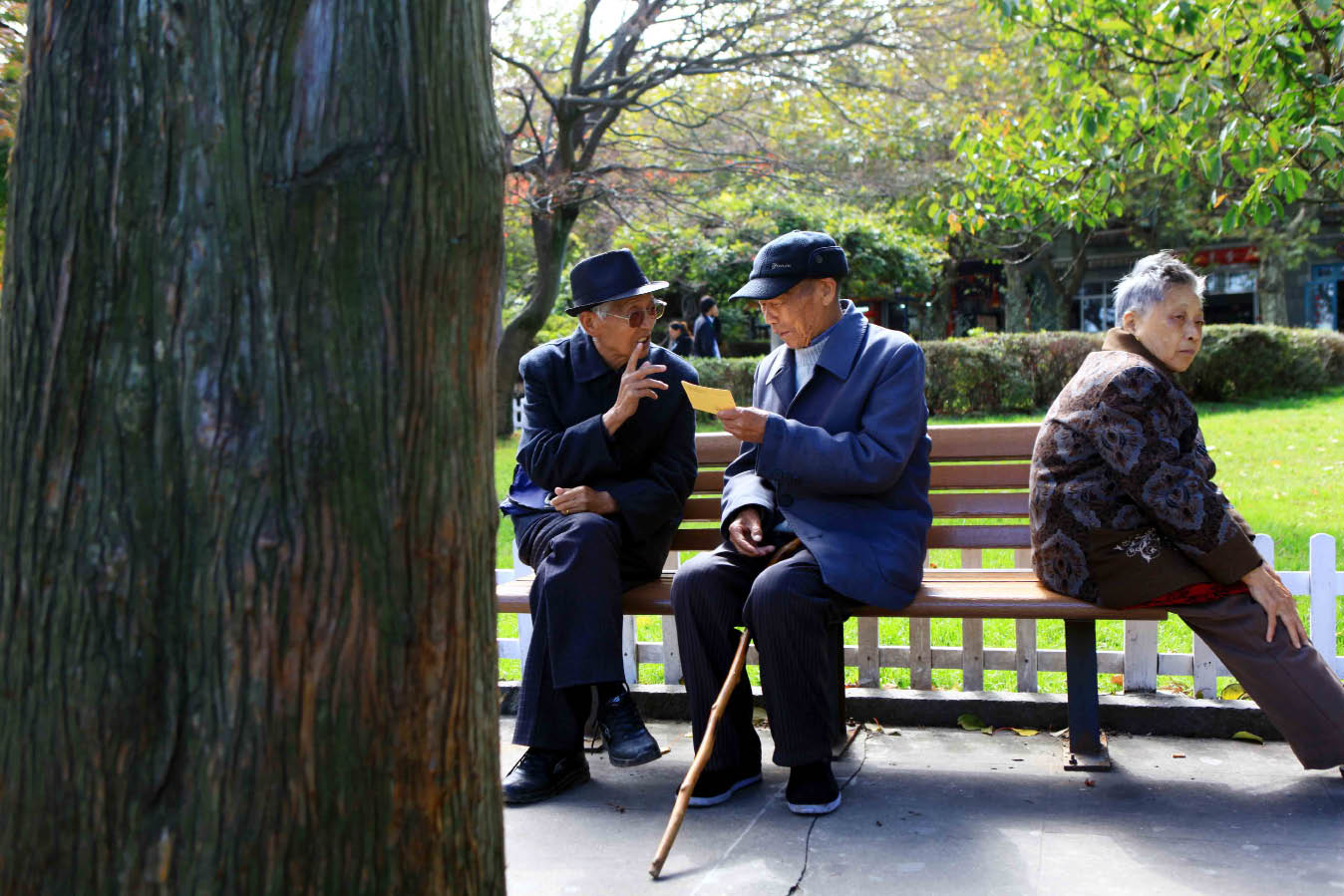Extending Welfare for the Elderly
By staff reporter LU RUCAI
A few decades ago, only employed people, provided with pensions by their employers, could enjoy a carefree old age in China. Now, as welfare for the elderly has been improved, you can choose a public pension plan that suits your needs, whether you are a rural resident, an unemployed urban resident or a migrant worker. With this change, the country has been moving away from the old-fashioned view that a couple needs to have at least one son to support them when they grow old.
Pensions for Rural Residents
 |
|
China’s pension system is proceeding towards the goal of universal coverage. |
Since the second half of last year, Li Zhentian and his wife from Weijiajishan Village, Junan County, Linyi City in Shandong Province have each been able to draw a basic pension of RMB 55 per month. This is part of the new old-age insurance plan for rural residents that has been in place on a trial basis in several counties since last year.
According to the plan, rural residents aged 60 and above can claim a basic pension provided by the central government without making personal contributions. “In the past I never expected that farmers like me could have pension,” Li Zhentian says, who, thanks to his pension, was able to give each of his grandchildren RMB 5 as a Chinese New Year gift for the first time.
“For my parents, a 100-yuan monthly allowance is enough,” says the couple’s daughter Li Xingxia, who is working in Beijing. She says that her parents only need to spend a little on meat and daily necessities, as they grow grain and vegetables themselves and their hospital expenses are covered by the New Rural Cooperative Medical Care System.
Under the plan, rural residents under 60 can choose to pay contributions to their personal pension accounts ranging from RMB 100 to 1,000 every year. Li Xingxia says that all the residents in her village choose to pay and Li herself has chosen the lowest payment of just RMB 100 per year. After paying contribution for 15 years she is entitled to a monthly pension based on her own contributions plus the government funding once she turns 60. This means that her pension will be a little higher than that of her parents. “All the villagers are happy with the current policies,” says Li.
Li is also entitled to a slightly higher pension because she is a mother of two daughters. This is thanks to a government policy that adds an extra RMB 50 to 60 to the monthly pension of families with only one child or two daughters. Traditionally, parents relied on their sons for support in old age, and having at least one son was deemed a necessity for thousands of years. As such, it hasn’t been easy to implement the family planning policy in rural areas. “Policies about the pension for rural residents have improved a lot. Fewer and fewer rural families have the old determination to have a son,” says Li.
Li admits that she was under great pressure from her family when she decided not to have any more children. But now she feels she made the right choice. “I don’t have heavy burden. I just need to pay for them until they finish their schooling,” says Li. In the future she won’t need to rely on her daughters, now 8 and 16, because her pension will be enough.
